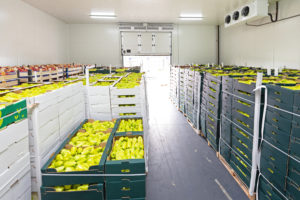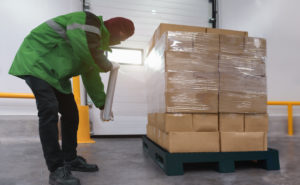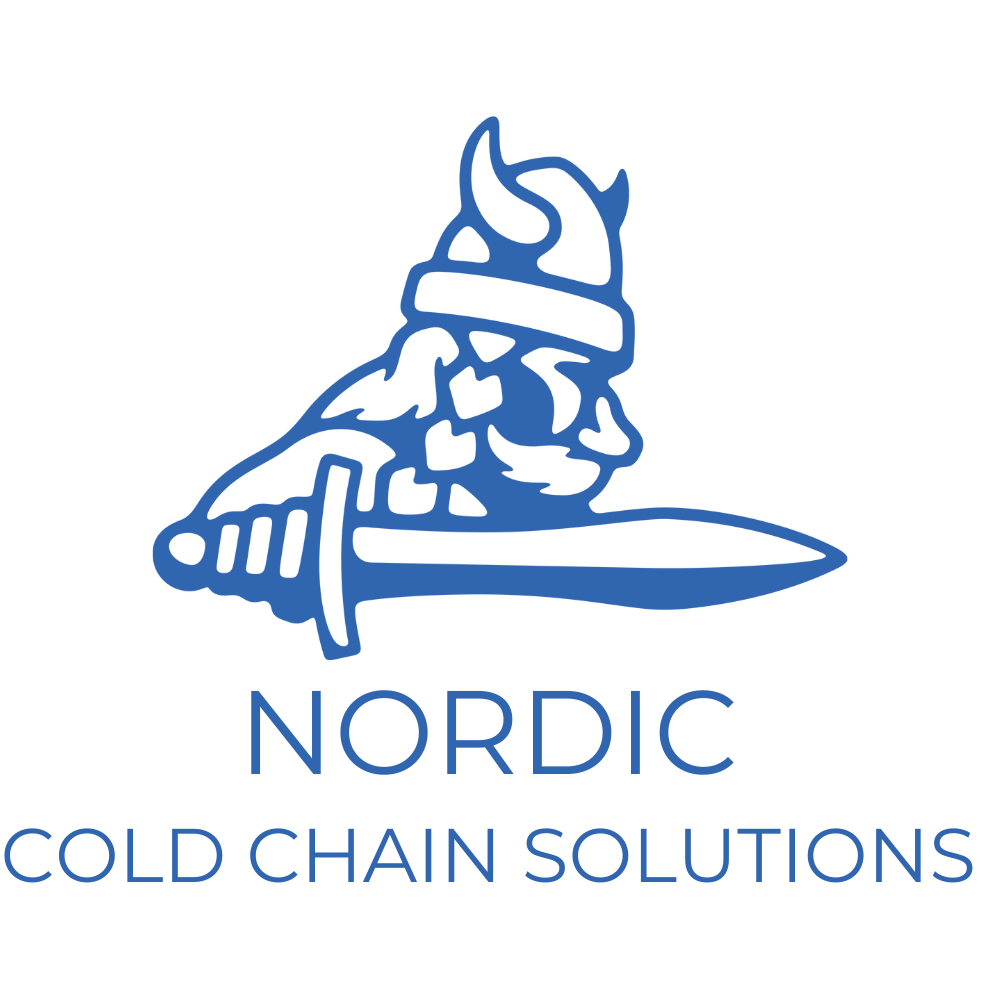
When it comes to producing and shipping perishable products, there’s no margin for error. In order to maintain product integrity and quality, a comprehensive cold chain is essential – it ensures the preservation of temperature-sensitive goods in transit from origin to destination. When handled properly, this type of distribution can reduce spoilage and deterioration due to excessive heat or cold, preserving both safety standards and freshness throughout the entire journey. But what types of items require a dedicated cold chain? Let’s take a dive into understanding exactly what needs special care when being shipped around the world.
Which Kinds of Products Require a Cold Chain?
Cold chain logistics refer to the temperature-controlled supply chain of goods that require a maintained environment in order to remain safe, fresh, and suitable for consumption. Depending on their purposes, products needing cold chain may be referred to as “frozen” or “refrigerated” items.
Food: One of the most common types of products that require a cold chain is food. Fresh fruits and vegetables, meat, poultry, and seafood are all examples of food items that must be kept at specific temperatures in order to remain safe for consumption. If these items are not stored and transported properly, they can spoil quickly or become contaminated with bacteria.
 Pharmaceuticals: Another type of product that requires a cold chain is pharmaceuticals. Many medications, such as vaccines and insulin, must be kept at specific temperatures in order to remain effective. If these products are exposed to extreme heat or cold, they may lose their potency or become unsafe for use.
Pharmaceuticals: Another type of product that requires a cold chain is pharmaceuticals. Many medications, such as vaccines and insulin, must be kept at specific temperatures in order to remain effective. If these products are exposed to extreme heat or cold, they may lose their potency or become unsafe for use.
Chemicals: Certain chemicals also require a cold chain for storage and transport. For example, many industrial chemicals must be kept at low temperatures in order to remain stable. If these chemicals are exposed to high temperatures, they may become volatile and pose a danger to those handling them.
Organs and Tissues: Organs and tissues intended for transplantation must also be kept within a certain temperature range in order to remain viable. If these organs and tissues are exposed to extreme heat or cold, they may deteriorate quickly or become unsuitable for transplantation.
 Blood and Blood Products: Blood and blood products also require a cold chain for storage and transport. Blood products, such as plasma and platelets, must be kept at specific temperatures in order to remain safe for transfusion. If these products are exposed to extreme heat or cold, they may spoil or become contaminated with bacteria.
Blood and Blood Products: Blood and blood products also require a cold chain for storage and transport. Blood products, such as plasma and platelets, must be kept at specific temperatures in order to remain safe for transfusion. If these products are exposed to extreme heat or cold, they may spoil or become contaminated with bacteria.
Other Products: Other products that may require cold chain storage and transportation include artworks, antiques, electronics, and certain types of medical supplies.
Importance of Applying Cold Chain Solutions to These Products
Cold chain plays an essential role in preserving the quality of these vital goods so that they are safe for humans when they reach their destination. The process requires careful management from the moment it leaves production until it reaches its final location. Temperature control is key – if not managed properly, these materials can spoil due to bacteria growth before reaching their intended user or consumer, thus causing waste and loss of profit along with potential health risks if consumed later on down the line.
The importance of maintaining reliable cold chains has only grown over time due largely in part to globalization which has opened up new markets; this means further distances need to be traveled between producer/manufacturer in one country or continent all the way through transport into another market around the globe – hence why temperature-controlled transportation services are now an integral part of global trade operations today!
How to Choose the Right Cold Chain Solution

Choosing the right cold chain solution for your needs can be daunting and can require careful consideration of your goals, budget, and timeline. Before selecting a solution it is important to understand what type of cold chain you need and how it will function in logistics. Understanding the needs at each step of the process is paramount for choosing the best solution that allows for efficient transportation, storage, and delivery of temperature-sensitive products with limited cold loss or disruption. Once you’ve made an assessment of all stakeholders, their preferences, and expectations, you’ll have a better understanding of the options available – from service providers to pre-packaged solutions that not only suit your goals but also help you stay on budget while meeting time requirements.
Bottom Line
Pharmaceuticals, fresh foods, and other temperature-sensitive products require a carefully planned and managed cold chain to stay within the correct temperature range. Without this control, these items can spoil or become ineffective. Nordic Cold Chain Solutions has the experience and expertise to ensure that your products remain in the ideal environment from production through to delivery.
To learn more about how we can help you, contact us today!








